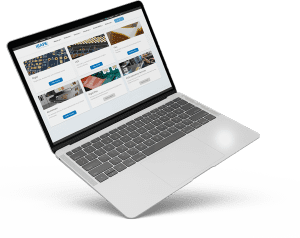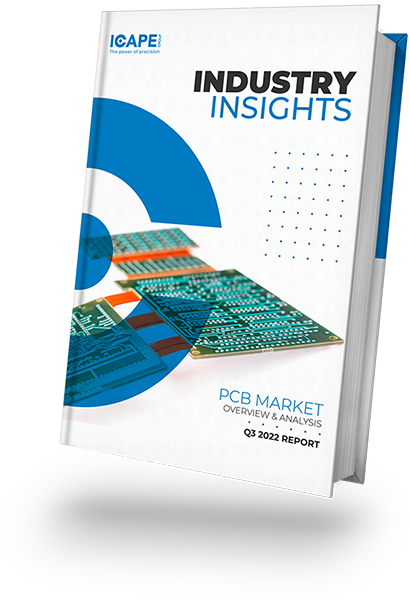Rigid-Flex PCB: Combining Flexibility
and Durability in One Board
Product Benefits

Flexibility
PI core laminate and coverlay materials have different glue system properties dedicated to supporting the specific construction, whether it is a dynamic or static solution you are seeking.

Cost-Effective
Rigid Flex enables you to minimize the overall PCB size, replaces the board-to-board connectors, and reduces the number of assembly processes. This creates considerable logistics savings.

Weight Reduction
Rigid-Flex offers considerable weight and space savings compared to connector-cabled rigid PCBs.

Reliability and Durability
Reliability is increased by eliminating the use of cables and connectors.
What is Rigid-Flex PCB?
Definition
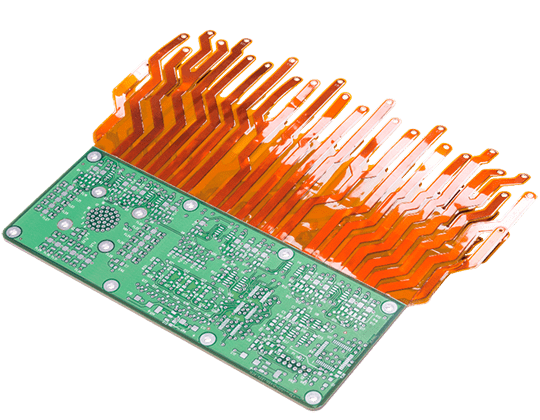
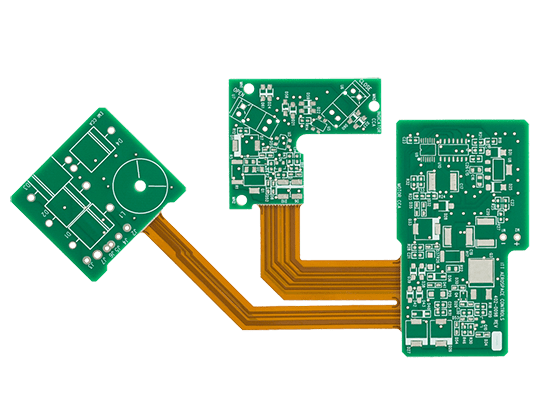
Specifications
Base Material: The most common material choice for the rigid layers is FR4, but other rigid materials like woven glass Polyimide can also be used.
Flexible Area: The flexible area is made of PI Kapton Polyimide material. The Cu is glued to the PI core material using mainly Acrylic or Polyimide adhesive (also called adhesive less).
Lines and spaces: Standard 100um minimum, advance down to 30um.
Vias: Rigid-Flex can contain PTH, blind vias, buried vias and Laser drilled micro-vias.
Layer Count: Up to24 layers
Surface Finish: ENIG (Electroless Nickel Immersion Gold) or HASL (Hot Air Solder Leveling)
Solder Mask: Liquid photo imageable Solder mask can be used in rigid areas. PI Coverlay or Flexible solder mask lacquer can be used in the flexible areas.
Multilayer Rigid-Flex Structure
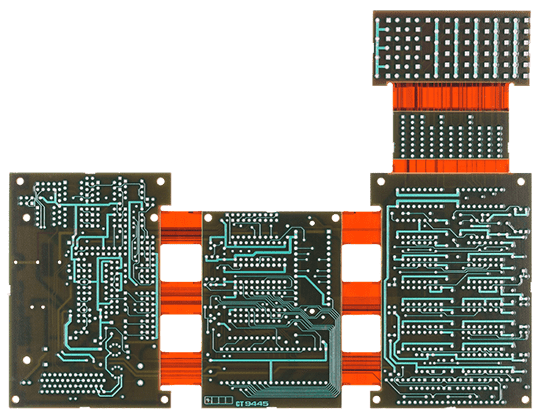
Technical Data
Semi-Flex PCB Feature
| Semi-Flex PCB Feature | ICAPE Group Semi-Flex PCB technical specification |
|---|---|
| Layer count | Up to 16 layers with 2 layers at bending zone. |
| Technology highlights | Rigid PCB with deepth control milling to assume a bending zone (Max 2 layers). Cost effective option for flexible and static application. |
| Materials | Specific FR4 |
| Base Copper Thickness | From 1/2 Oz base to 1 Oz for bending zone. Up to 3+C53 Oz for rigid zonz. |
| Minimum track & spacing | 0.075mm / 0.075mm |
| Surface finishes available | OSP, ENIG, ENEPIG, soft-Gold, Gold finger, immersion Tin, immersion silver |
| Minimum mechanical drill | 0.15mm |
| PCB thickness | 1,00 to 2,4mm. |
| Maxmimum dimensions | 525x580mm |
Do you need Rigid-Flex PCB?
Close to you, you best contact
Learn more about Rigid-Flex
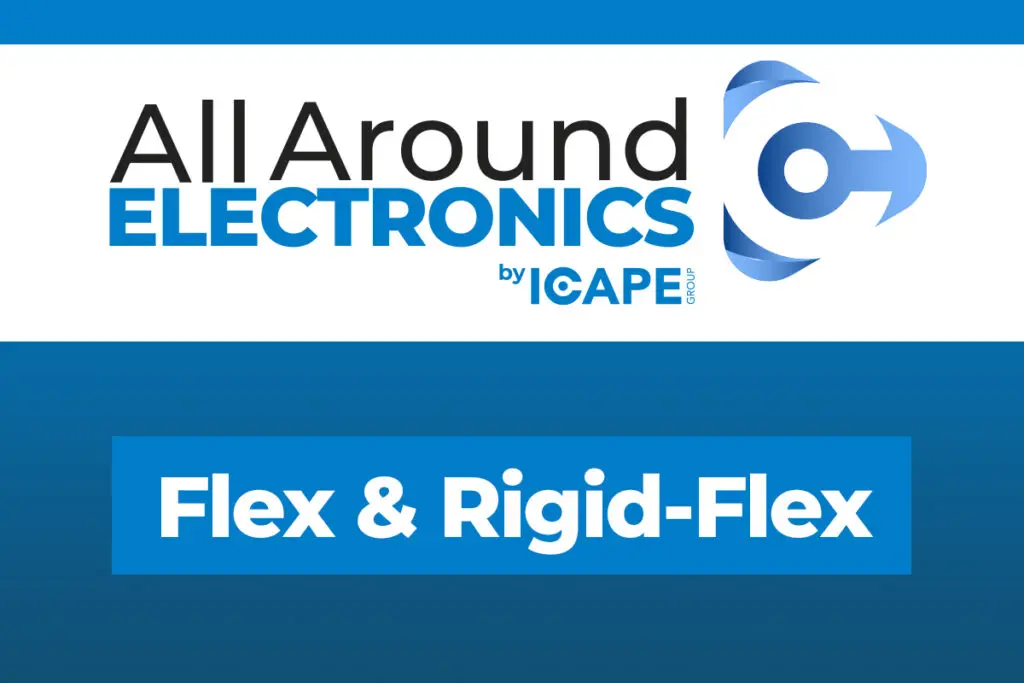
Webinars on Demand
If you’ve missed a webinar, we now offer various webinars on demand, available upon request!
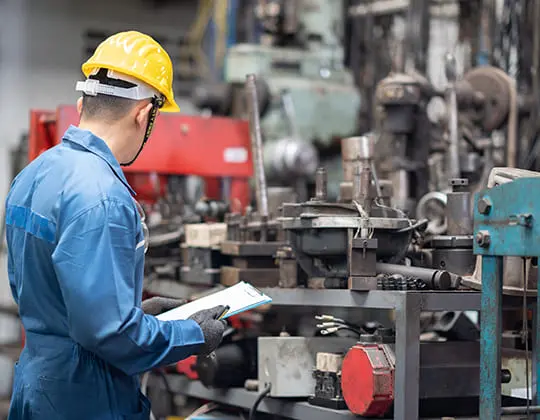
Industries
Discover how Rigid-Flex PCB impacts several different industries and multiple fields.
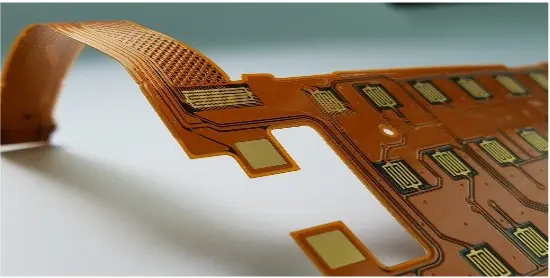
Technologies
Learn about the different technologies in the PCB industry and find which one suits your needs best.
Any questions?
There is an ICAPE Group team close to you and your business. All around the world, our business units are staffed with native experts available to answer all your questions.
Contact us today!

